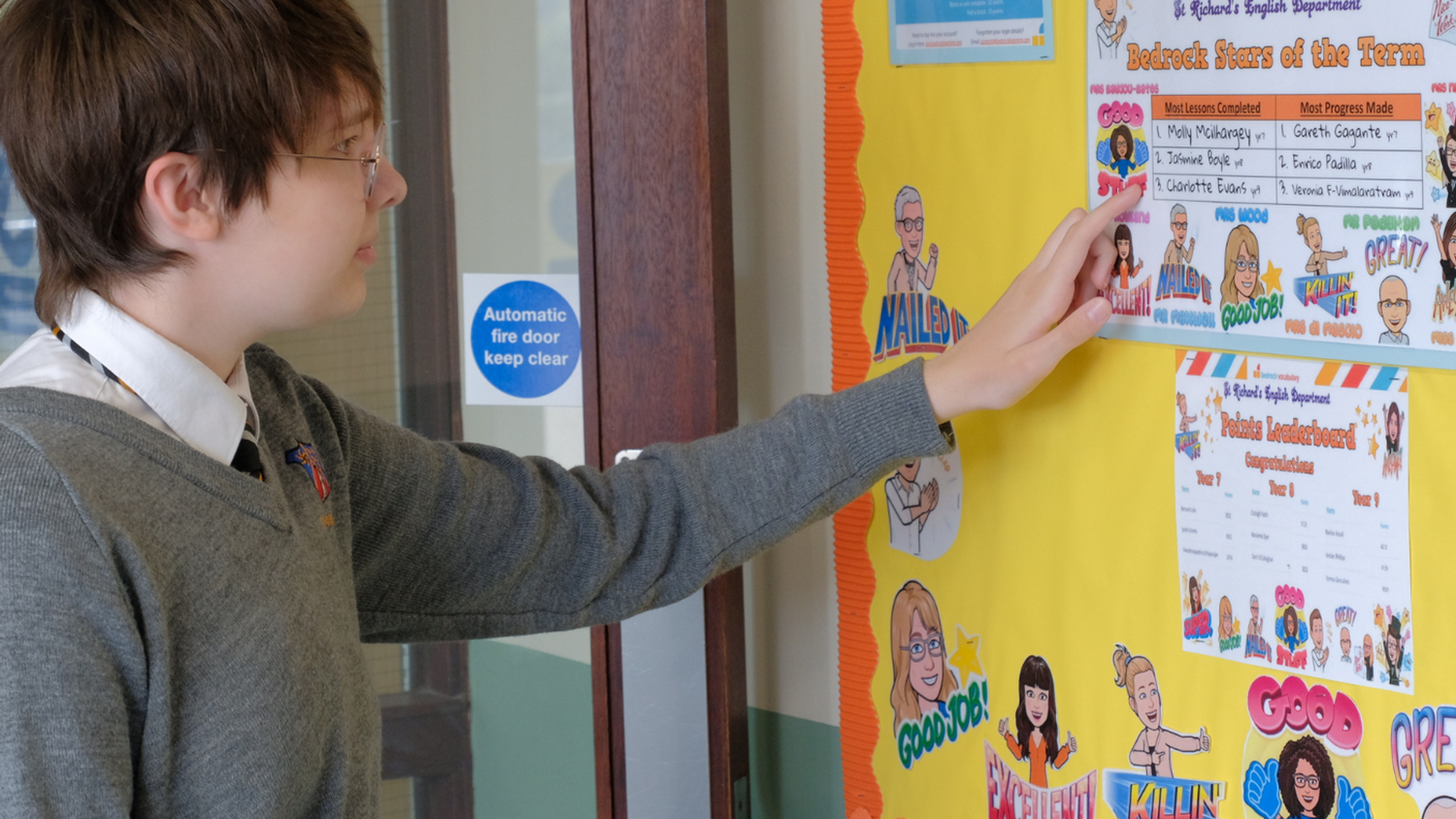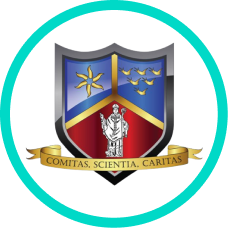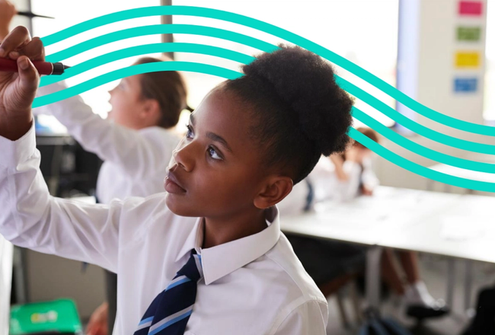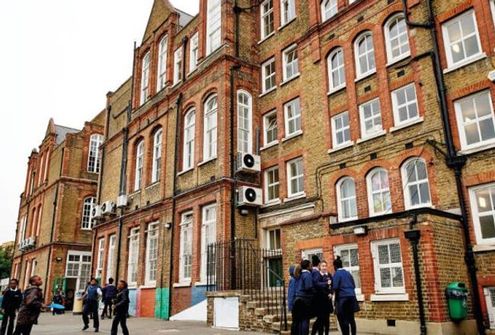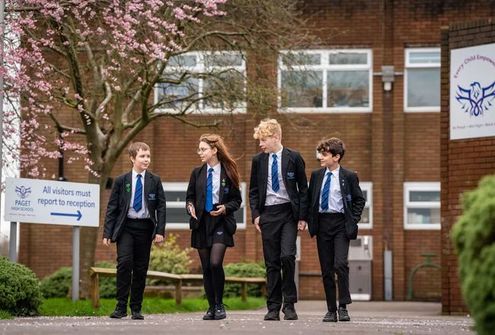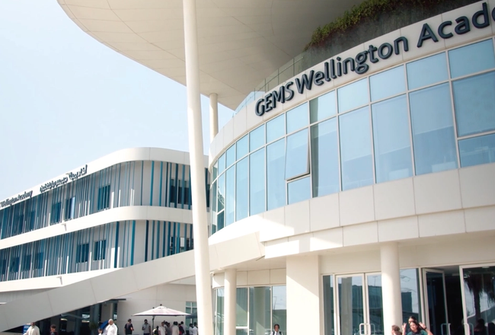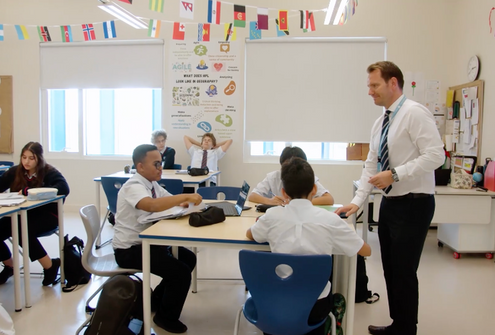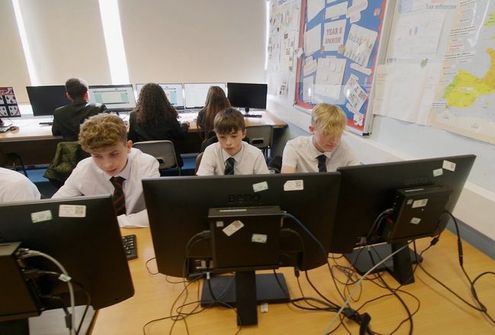How have you implemented Bedrock?
Years 7, 8 and 9 complete it as homework. We previously asked them to do two lessons a week but at the moment they’re doing three as part of our COVID-19 recovery plan. When school reopened, our data showed a dip in progress across all age groups, so increasing Bedrock usage was a quick win for us.
If there is time, students also complete another Bedrock lesson as part of their library lesson. SEN and EAL students also complete an extra lesson a week as part of their literacy support lessons. We use the engagement analysis report to help us identify who needs intervention. These students do extra Bedrock in the library during tutoring time to catch up. We make sure this is positioned as support.
What implementation approaches have worked best?
We’ve pushed rewards heavily this year and they’ve made a huge impact on engagement, especially among the Year 7s! Every child who does three lessons in a week gets two achievement points. Inspired by Hailsham Community College, another Bedrock school I read about on your website, I’ve created certificates. Every week, the student in each class who has earned the most points gets a certificate and double achievement points. The Bedrock points system [in which activities completed are allocated points, which are reported in the weekly activity report teachers and parents/guardians receive each Monday] makes it easy to see who we should reward.
Once a term, the top three students in each year for lesson completion and progress are rewarded with a certificate and book of their choice. Any child who has appeared in the top three in their year group more than once gets a £5 voucher. We’ve only awarded those twice this year, which shows how many different students have won an award!
Every term, we download the attainment spreadsheet on the dashboard to identify which class has completed the most lessons. While COVID-19 prevents us from doing assemblies, as a team we make videos each term. We use these to announce which students have made the most progress and completed the most lessons that term.
The class that has completed the most Bedrock lessons that term gets to spend an English lesson watching a film with doughnuts and sweets. There’s a competitive element between classes, seeing who’s got the most points. Classes boo, hiss, cheer and go crazy! Afterwards they ask me when the next competition is.
The report also helps me identify which classes and teachers are engaging least, so I can offer them support. In addition, we display the top Bedrock students each term on the Bedrock noticeboard in our main corridor and the interactive TV screens around the school.
As well as our own rewards program, the Bedrock Stars prize draw that runs every half term [which offers the potential for prizes for students from any school with high Bedrock usage] offers huge motivation. A couple of our students have won vouchers in the past, so there’s a real sense of ‘it could be me this time.'
How else have you embedded Bedrock into your school culture?
To help Bedrock become integral to our teaching, and not just a homework tool, we’ve put together some activities that we call Bedrock Starters. One of these is drawing a picture of a word a student has learned recently, then passing it to a partner and seeing if they can guess the word and give a definition. Others draw on SPaG or affixes and one has a video of two people using Bedrock words in conversation.
We also motivate students with our class displays [in fact one impressive display won our class display competition and earned the school £150 to spend on books and equipment of their choice!]. In my classroom, I have washing lines with Bedrock words on them. Every teacher has been given a pack of the posters of Bedrock book covers to display.
But our rewards program is the most successful thing - making a big deal out of celebrating Bedrock completion.
How aware of Bedrock are teachers outside your English department, and what are your suggestions for promoting cross-curricular literacy?
Staff are aware of Bedrock – we have a word of the week across the school. This is brought up in assembly, tutor time, and displayed on screens around school, and I include some Bedrock words in that (for example, culminate, luminous, incredulous and exuberant).
I’m planning to do some CPD with staff on learners’ vocabulary and its importance in enabling them to access texts. I expect Bedrock Mapper [Bedrock's subject-specific vocabulary curriculum] will help with this because it is cross-curricular.
